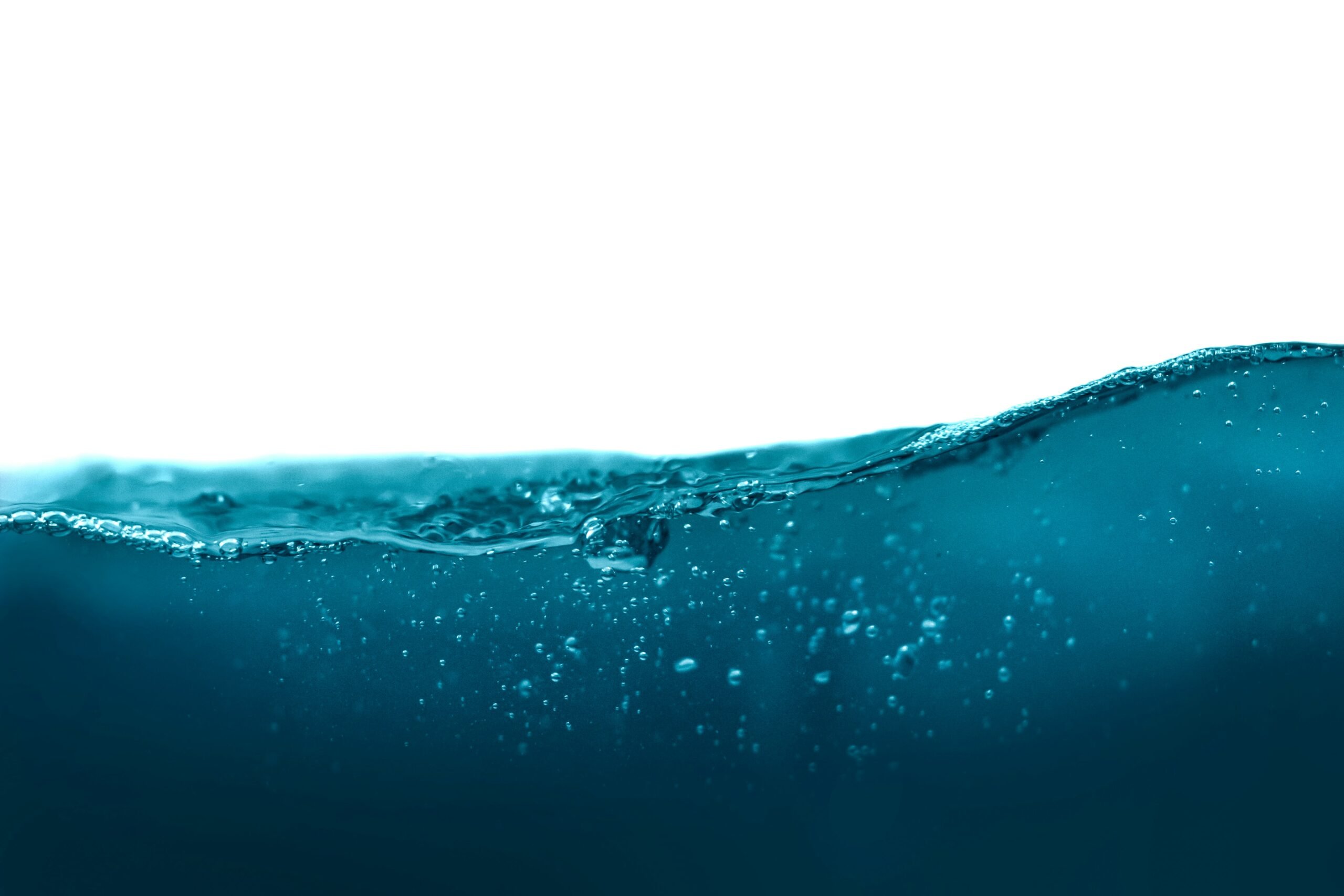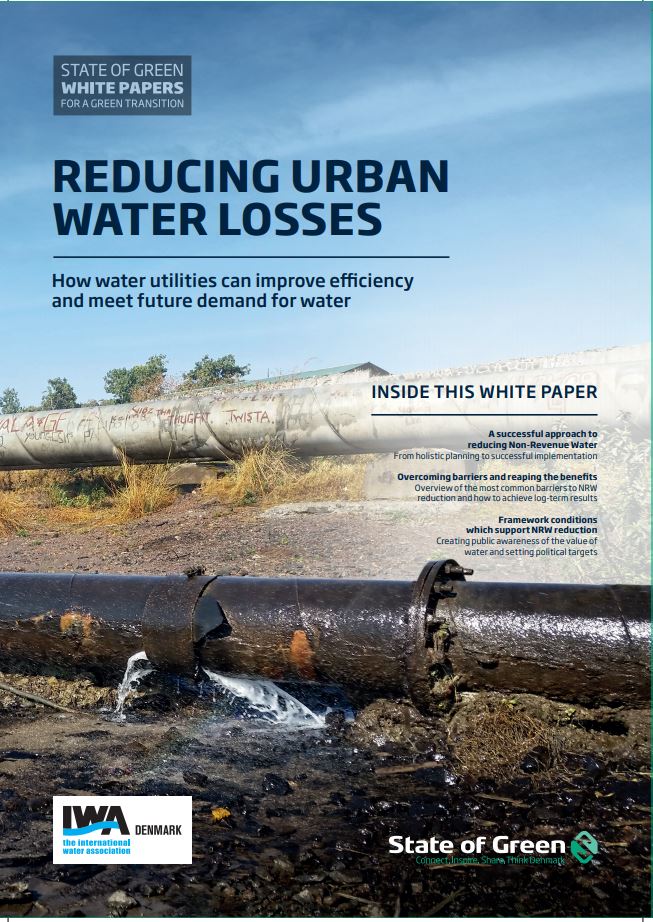Lea Wermelin
Lea Wermelin, Minister for Environment, Denmark
Perspective
Non-revenue water


Lea Wermelin, Minister for Environment, Denmark
Drinking water is a valuable resource and in many countries, an unnecessary amount of water is lost on its way to the consumer. Denmark has been one of the driving forces in making sure water loss is a key focus area for the revised EU Drinking Water Directive, which is intended to secure healthy and clean drinking water for citizens of the European Union. The United Nations’ Sustainable Development Goal 6.1 aims to achieve universal and equitable access to safe and affordable drinking water for all by 2030.
Reducing water loss benefits both the climate and the environment, as it reduces the amount of water which needs to be produced and in turn also reduces energy consumption stemming from the treatment and distribution of water. Non-Revenue Water also impacts the financial viability of water utilities (due to revenue losses and unnecessarily high operating costs) and ultimately communities, as their access to affordable drinking water comes under pressure.
“In a time where more and more cities and regions are affected by water scarcity, making sure the water that is abstracted also reaches the consumer is more important than ever” – Lea Wermelin
In Denmark, we have instituted a number of measures to reduce the level of Non-Revenue Water, including creating an economic incentive for the water utilities to keep their Non-Revenue Water level below 10 per cent. At the same time, we have also worked hard to create awareness of the importance of water savings. As a result, we have managed to reduce our water consumption by more than 40 per cent since 1980. Doing so means that Denmark has achieved one of the world’s lowest levels of NRW with a consistent national average of just 6 – 8 per cent compared to some parts of the world where NRW is more than 50 per cent.

This article is part of our publication ‘Reducing urban water loss’.
Download now